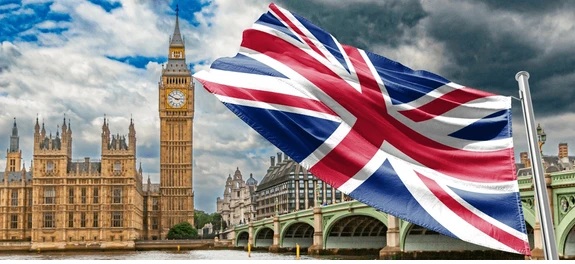GM salmon eggs coming to Panama

GENETICALLY modified salmon eggs produced in Canada to grow twice as fast as regular salmon will be shipped to Panama to be grown into full-size fish.
Two scientists who helped review a risk assessment of a Prince Edward Island (P.E,I,)facility that produces the eggs are surprised there is no mention of export limits in Environment Canada's approval.

Dylan Fraser and David Meerburg are independent scientists who were part of a 23-member panel that reviewed a risk reports the CBC (Canada Broadcasting Corporation) assessment document from the Department of Fisheries and Oceans. AquaBounty is producing eggs in Bay Fortune, P.E.I
The eggs are exported to Panama to be grown into full-size fish. The American company has applied to the U.S. FDA to be allowed to sell the fish as food in the U.S.
AquaBounty applied to Environment Canada to export the eggs commercially if it gets the FDA approval. The P.E.I. plant has been operating as a research facility, but Environment Canada has approved it for commercial production.
Fraser and Meerburg are puzzled that there is no mention of a limit on the number of eggs that can be exported.
The Department of Fisheries and Ocean's risk assessment of AquaBounty states twice that the company does not intend to ship more than 100,000 eggs to Panama a year. That limit is not included in the final requirements set by Environment Canada that AquaBounty will have to follow if it goes into commercial production. Those rules do say, however, that any significant new activity at the facility would require further review.
Meerburg, scientific and policy advisor with the Atlantic Salmon Federation, said it was his understanding the project would involve a maximum of 100,000 eggs annually
"I would imagine that a facility that was producing say ten times that many, a million eggs or ten million eggs, would probably require a reassessment to some degree," he said.
"The facility would need to be larger, there would be more manpower required to keep an eye on the equipment."
Meerburg said he was a little surprised to see the 100,000 egg limit, because he said it doesn't sound like a lot for a commercial venture. For Fraser, however, 100,000 is a reasonable start-up number for genetically modified salmon.
Environment Canada said the important criteria in its assessment is that all the fish must be produced in a closed environment, with redundant physical and chemical barriers to prevent the escape and survival of fish into the local environment. Only activities that do not have these protections in place must be notified and assessed.





